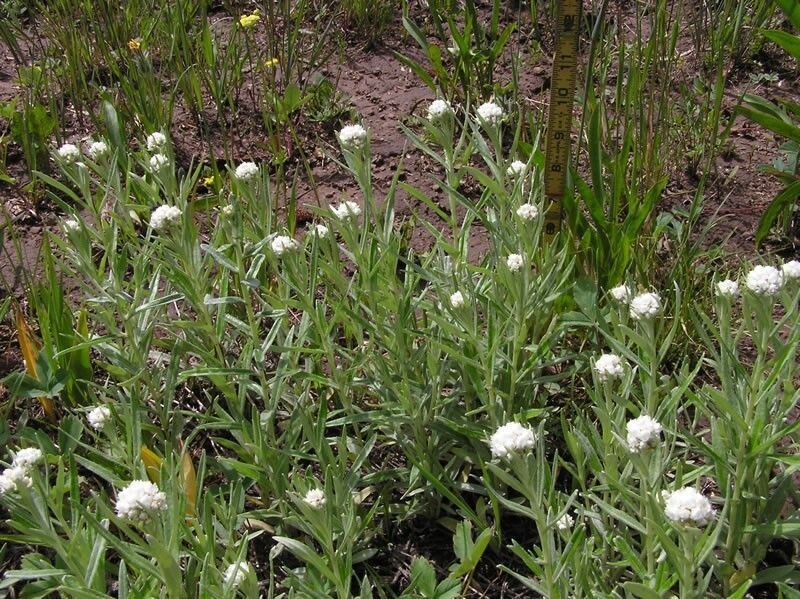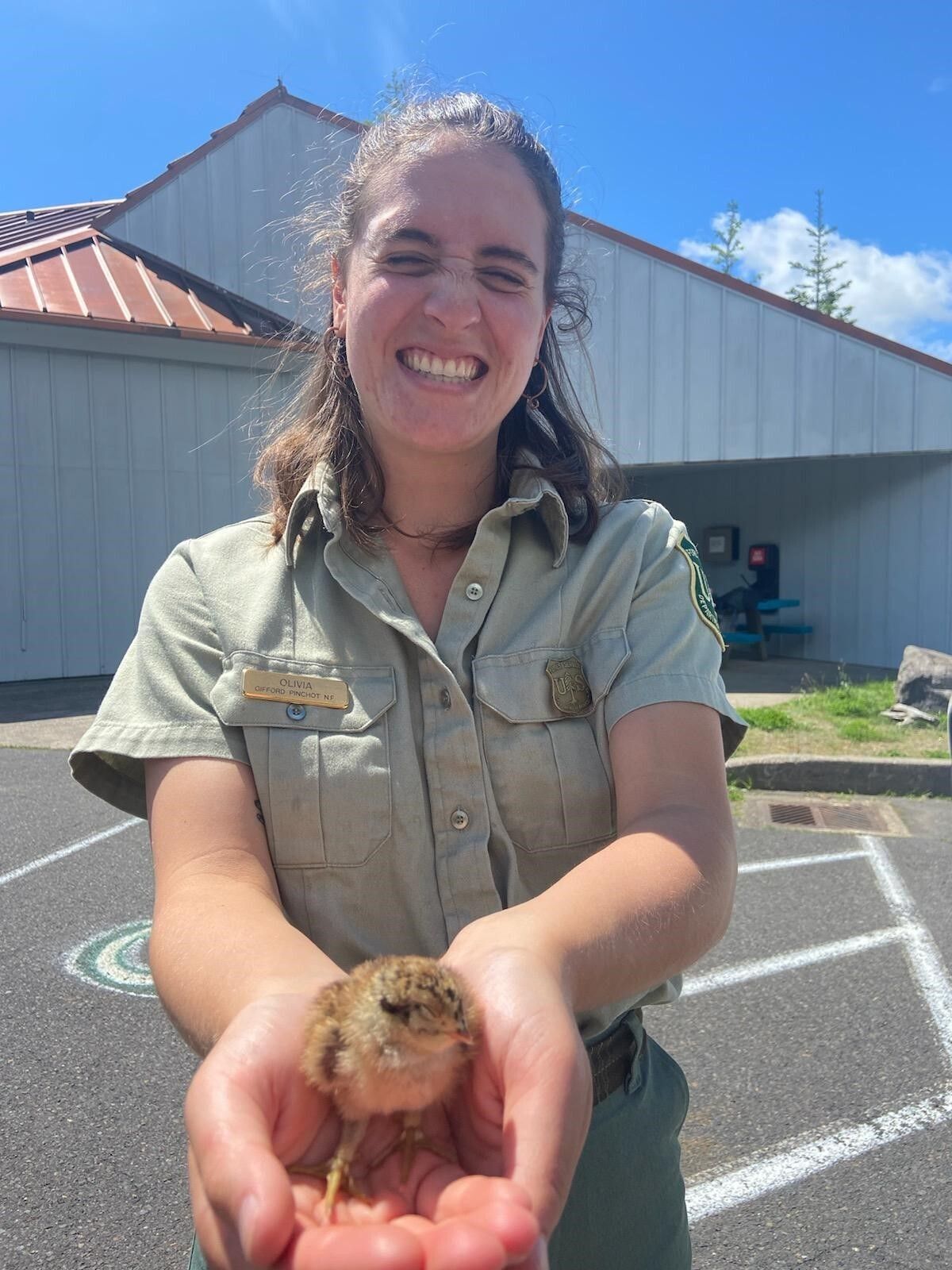By Lily Black
As changes occur in our everyday lives, so does the life that surrounds us. We cycle through different stages, build new relationships, say goodbye to others, and life perseveres onward. This same idea applies to the ecosystems around us. Throughout the changing seasons, from spring to summer, and into autumn, we can put our own life changes on pause to reflect on the changes occurring around us. The life that flourishes around Mount St. Helens is ever-changing, a reminder that nothing on Earth, not even the Pearly, is Everlasting.
Seasonal changes of life at Mount St. Helens are inevitable. The soaring nighthawks of summer have become fluttering bats of autumn. Sitka alder catkins are now gone and have been replaced with the female cone. Even some of the abundant seasonal ponds of the Hummocks have dried out, leaving an empty valley.
Larger changes, what we might know as life-changing events, are also common occurrences within the ecosystems of Mount St. Helens. This is a tribute to Beatrice, a young, female elk that passed away on the Winds of Change trail, at the Science and Learning Center in July. Many have come to witness the process in which Beatrice passed away, but has also provided other life with a source of nourishment. Vultures, insects, and other scavengers may have survived because of Beatrice’s early misfortune. Later that same week in July, a baby Blue Grouse was found near the premises. To us as witnesses, this was a reminder that life circles back around within flourishing ecosystems. Although a new bird was born, this meant that some of the abundant spit bugs met their demise. These “life-changing” accounts that occur to the organisms surrounding us are just a part of nature’s cycles.

Pearly Everlasting. Photo courtesy of USDA, Forest Service
It is by witnessing these processes at Mount St. Helens, that we can understand that change on Earth is necessary and inevitable. As many say, when one door closes, another one will open. If ever you are feeling trapped in a world full of closed doors, try the window, because if you look outside you will see the nature around you and its resilience to change.
Epilogue
If the Winds of Change are ever coming at you too strong, and the weather is too harsh, find a rock to stay grounded. Even the rock on Earth is ever-changing, but at a rate so slow you might not see any changes occur in your lifetime. Finding a rock, or a support system to stay tethered to, is a sure way to withstand harsh conditions that may come your way. And as a reminder, the Earth is full of rocks, you may just have to search a little to find the right ones!

Olivia Tarpley, a seasonal Forest Service employee holding a baby Blue Grouse